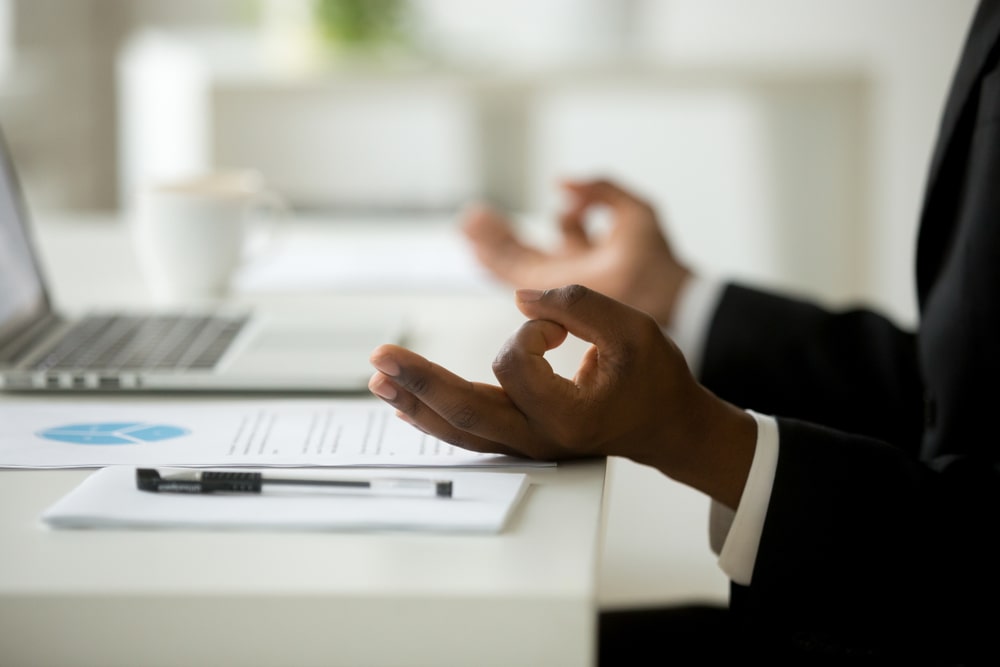On our blog, we often discuss issues such as stress and anxiety. These are normal feelings, which can nevertheless become overwhelming and incapacitating when they occur because of a real anxiety disorder. It is therefore important to know how to differentiate between “normal” stress and anxiety disorders and the problems they can cause. In what follows, we also take the opportunity to offer a few tips, easy to put into practice, to better manage stress in everyday life.
2020, an anxiety-provoking year
The pandemic and its aftermath have created intense stress for many people, and for good reason. Changes in our habits, unemployment for some, social isolation… These are factors that have had an impact on our mental health this year. Moreover, at the time of writing, we are at the beginning of December, one of the periods of the year most conducive to seasonal depression. It is well known that the decrease in sunshine in late fall has a significant impact on morale.
Stress, Anxiety and Anxiety Disorder
Anxiety is a normal feeling that we all experience at certain times in our lives and to some extent. We know that it causes physical symptoms such as faster breathing, increased heart rate, sweating, muscle tension, but also negative thoughts (ruminations, worries, etc.). However, it is important to know that in some people, anxiety and its effects become excessive and not adapted to the situation they are experiencing. In some cases, they can even affect the person’s daily functioning. This is where we distinguish between “normal” anxiety and an anxiety disorder.
While the stress and anxiety that normally occurs can be reduced by strategies that can be put into practice on a daily basis, people who have to cope with an anxiety disorder benefit from seeking personalized support. This support can be offered by a psychologist. Anxiety disorders and the depressive state they can cause are in fact one of the main problems for which psychologists are consulted. The team at Clinique GO™ offers teleconsultation services in psychology, provided by professionals who are members of the Ordre des psychologues du Québec.
Strategies for stress control
The tips below can help reduce stress and anxiety to some extent. They are mainly related to healthy living and their application is particularly relevant in periods of confinement.
- Regular physical activity: Sport promotes the production of endorphins, the hormones that promote well-being. The regular practice of physical activity therefore has an antidepressant effect, in addition to improving the quality of sleep, benefits that are related to endorphins.
- Maintain good eating habits: our diet has a direct effect on our physical health, but also on our psychological health. It is best to choose foods that are low in processing and high in protein and nutrients.
- Limit alcohol and drug consumption: although they provide a sense of well-being and temporary euphoria, alcohol and many drugs have a depressant effect. It is therefore better to use them sparingly, especially when you are prone to anxiety and the negative thoughts it causes.
- Maintain a sleep routine: Continuing to sleep at the same hours as usual is important to control the stress and fatigue it can cause. It’s best to avoid sleeping longer at night, just as it’s important to make sure you get enough sleep.
- Practice mindfulness meditation: this is a proven technique to help manage stress and anxiety. We have devoted an article to it on our blog to mindfulness meditation.
- Keep doing the things we love: these little hobbies that are important to us have a big impact on our mood. They keep our minds busy and help us get rid of stress and negative thoughts. Even in confinement, make sure you find a way to enjoy the activities you love (sports, the outdoors, art, etc.).
- Maintain contact with loved ones: Even if it is difficult, it is more important than ever to maintain contact with our loved ones, even if this contact is virtual. These social ties are important, since they are an opportunity to talk about our emotions, to exchange on how you are living the current situation, to offer help, etc.
If you need help, don’t hesitate to ask for it
We emphasize that the tips presented here can help control stress and anxiety. Nevertheless, they do not represent a miracle solution for people who are facing a real anxiety disorder, or distress in the current situation. Above all, do not hesitate to ask for help from those close to you when you feel overwhelmed by events. In addition, many mental health professionals can offer relevant support.
At Clinique GO™, we have a complete range of mental health services, including psychologists and social workers. Their services are offered through teleconsultation, a service modality that integrates well with the management of anxiety disorders and their consequences on daily life.
 Approuvé par Francis Desjardins
Approuvé par Francis Desjardins



